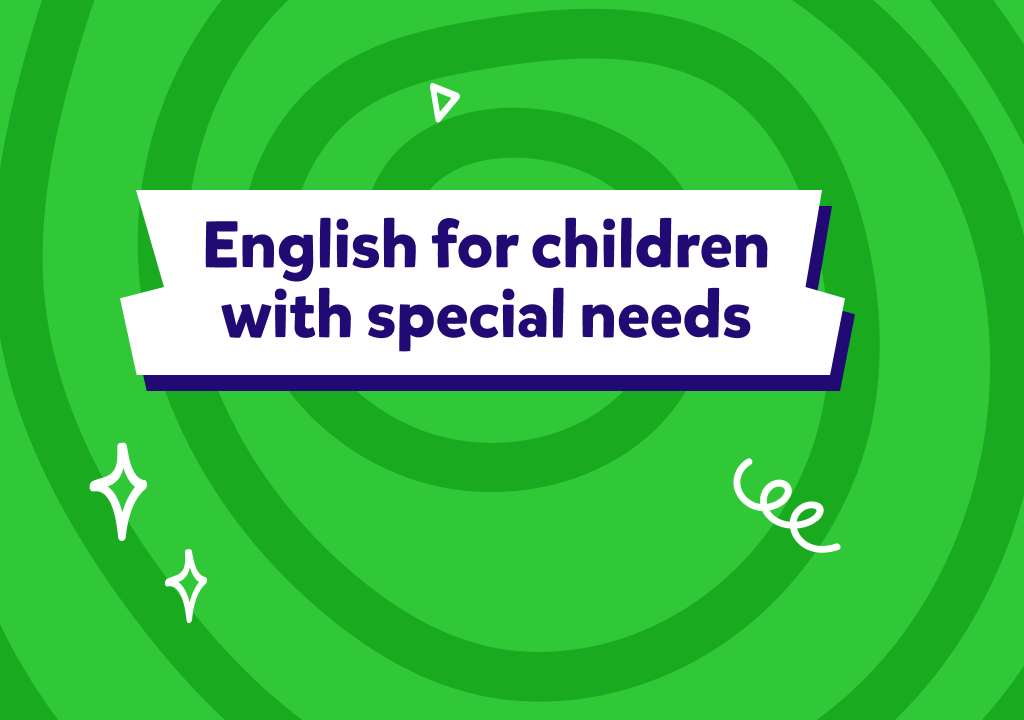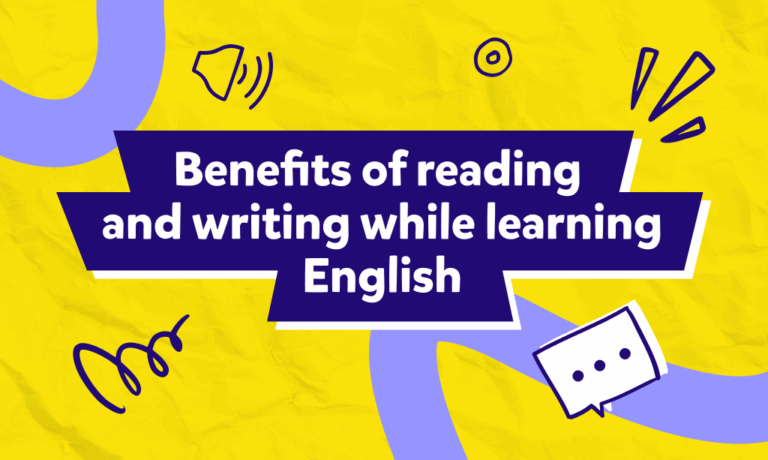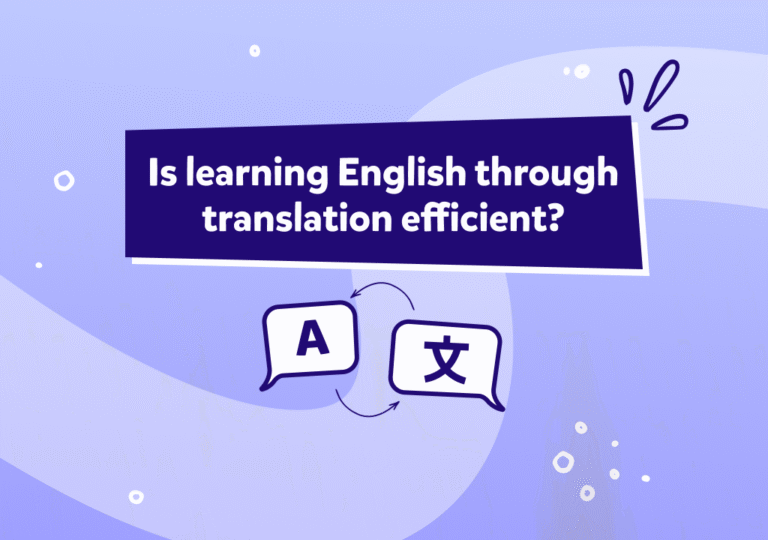Learn how long a Novakid English course lasts, explore the different levels, and find out how many hours it takes for kids to make progress in English.
ESL for Special Needs Students
- Understanding the Unique Needs of Special Needs Students in ESL
- Creating a Supportive Learning Environment
- Collaborating with Teachers and Educators
- Building Confidence and Encouraging Progress
Learn how to teach English as a second language to special needs students. This guide offers tips on adapting lessons, creating an inclusive environment, and helping every student succeed.
Learning English is important for all students, including those with special needs. It opens up opportunities for communication, education, and future career paths. For students with special needs, learning English can also help them connect more with their peers and the world around them.
This article is here to help parents who are supporting their child’s journey in learning English as a second language. Teaching ESL to special needs students can come with challenges, but with the right approach, it can be a rewarding experience for both the child and the parent. Whether your child is just starting to learn English or has been working on it for a while, having the right strategies in place will really help with their success.
We’ll cover tips and techniques parents can use to support their child’s language learning at home. From adapting lessons to finding the best resources, this guide is designed to help you create a positive and effective learning environment for your child!
Understanding the Unique Needs of Special Needs Students in ESL
Every child learns differently. Recognizing these different learning styles is the first step for teaching ESL to special needs students. Some children may learn better through visual aids, while others might respond well to hands-on activities or listening exercises. By acknowledging each child’s unique way of learning, you can fix your approach to make English lessons more effective.
Patience and flexibility play a big role in this process as well. Learning a new language can be challenging, and it might take special needs students more time to grasp certain concepts. Being patient allows your child to learn at their own pace without feeling rushed or pressured. Flexibility means being open to trying different methods and adjusting your approach as needed.

Creating a Supportive Learning Environment
When it comes to special needs students, creating a supportive learning environment plays a big part of that. This means making sure your child feels safe, comfortable, and encouraged while they learn. A positive atmosphere at home can really boost their motivation and confidence. Here are some things you can do to help create a supportive environment for learning ESL:
At-home language practice is a great way to reinforce what your child is learning. You can use simple activities and games to make English fun and engaging. For example, playing word-matching games, practicing new vocabulary during daily routines, or even singing songs in English can help your child practice without it feeling like a chore.
Encouraging consistency with routine helps to make language learning a regular part of your child’s day. For instance, setting aside a specific time each day for language practice can make it easier for your child to develop good habits. Whether reading a story in English before bed or practicing vocabulary during breakfast, keeping a consistent schedule helps a lot.
Visual aids and technology can be powerful tools in making language learning more engaging. Using pictures, flashcards, or educational apps can help your child understand and remember new words better. Many apps are designed specifically for language learners, offering interactive games and activities that make learning fun.
Collaborating with Teachers and Educators
Working closely with your child’s teacher and other educators is really important when it comes to success in learning ESL, especially for special needs students. Regularly talking with the teacher helps you stay informed about your child’s progress and any challenges they may be facing. It also allows you to talk about your child’s unique needs.
Together with the teacher, you can then create learning strategies that are customized to fit specific needs and a more effective learning plan that works best for your child.
Utilizing school resources is another important part of supporting your child. Schools often have additional support options, such as language labs, tutoring, or special programs for ESL students.
Building Confidence and Encouraging Progress
Building your child’s confidence and celebrating their progress is key to their success in learning English. By focusing on positive reinforcement and being extra patient with their journey, you can help them feel more motivated and capable as they develop their language skills. Especially for special needs kids, a little bit of praise can go a long way. Here are some ways to help build confidence:
Celebrating Small Wins: Every achievement, no matter how small, is worth celebrating. Whether your child learns a new word or completes a simple activity, acknowledging these small wins boosts their confidence and encourages them to keep going.
Positive Reinforcement: Using positive feedback is a powerful way to build your child’s confidence. Simple words of encouragement, like praising their effort or progress, can make a big difference in how they feel about learning English.
Patience with Progress: Learning a new language takes time, especially for special needs students. It’s important to understand that progress may be gradual and to be patient with the process. Recognizing that every step forward, no matter how small, is still progress helps you stay supportive.
Finding Additional Resources: Finding the right resources outside of the classroom can make a big difference in your child’s ESL journey. Online tools and educational apps are a great start.
Support Groups and Communities
Connecting with other parents and support networks can be incredibly helpful. Joining support groups or online communities allows you to share experiences, exchange tips, and find encouragement from others who understand what you’re going through
Supporting special needs students in learning English can be challenging, but with the right approach, it can also be very rewarding. Remember to celebrate their progress, no matter how small, and be patient as they learn at their own pace. With encouragement, consistency, and the right tools, your child can build the confidence to thrive in ESL.
Essay writing is an important skill for anyone learning English, since it can boost vocabulary, grammar, help develop critical thinking and organize thoughts. By following a simple process you can support your child through each step.
In this article we explain how student can benefit from practicing reading and writing in the learning process.
Explore how Novakid’s English curriculum aligns with CEFR levels and supports children learning English online, from basic English language skills to early intermediate abilities.
In this article we talk about pros and cons of learning English without focusing on grammar rules.
Find out how translation tools can help beginners learn English and how to combine them with speaking practice for faster results.









































